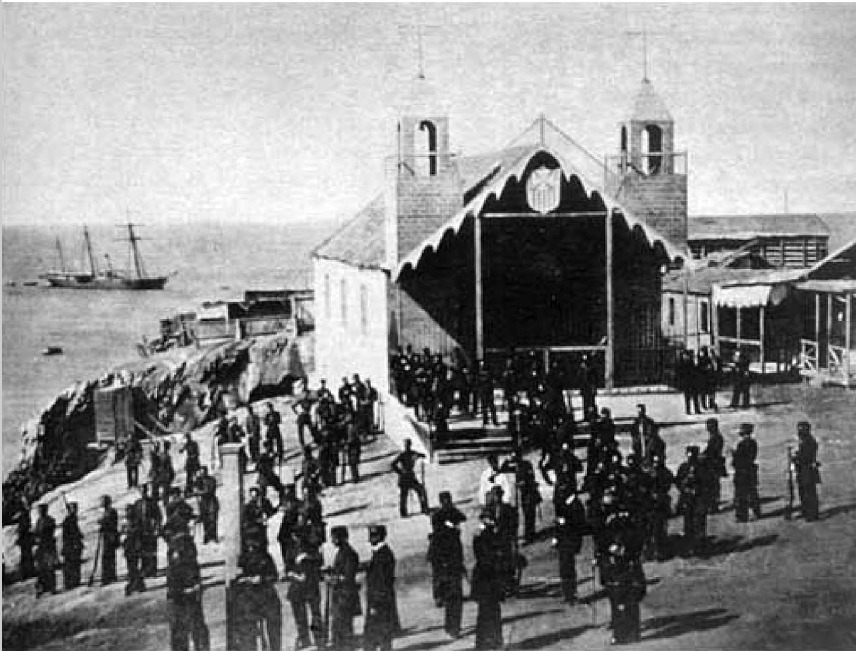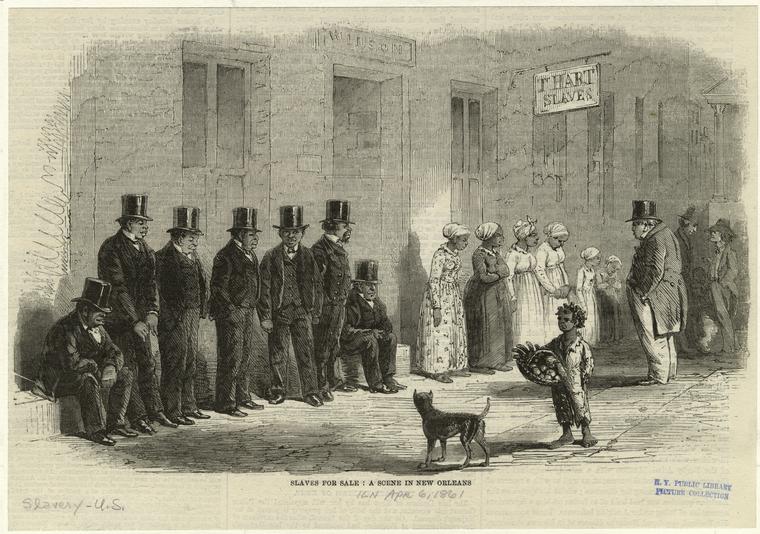The American Civil War, for those who do not know, was fought from 1861-1865 over the subject of slavery in the United States. Those states which would comprise the Confederate States were all in the deep South, 11 slave holding states whose economies depended on the chattel slavery system which supported the lucrative cotton export business. The secession was indirectly sparked by the election of Abraham Lincoln in 1860 after years of rising tensions after events like the Dredd Scott court case and the political bloodshed of Bleeding Kansas. The bloodiest war in American history followed with over 800,000 dead.
The penultimate result was that the American Union was saved, slavery in the United States (and ultimately, the Western Hemisphere) was ended, and in the immortal words of Lincoln ensured "government for the people by the people shall not perish from the Earth."
However, even in the aftermath of the war a "Lost Cause" ideology began to develop in its wake. This romanticized the conflict, trying to rationalize the deaths of hundreds of thousands of men who fought on the wrong side of the conflict. A romantic view of the Antebellum South developed, a land of graceful belles, honorable men, yeoman farmers and happy slaves working for benevolent masters on colorful plantations. Naturally, this made the South look less dark and more desirable in hindsight, which even gave rise to such romanticism in novels and movies like Gone With the Wind.
Literally called The Lost Cause, Henry Mosler, 1868
In reality, beyond this romantic view, the Confederate States was a country fueled by slavery, powered by a strong central government, and a country with internal divisions between secessionists and Unionists. Fellow blogger Sean Korsgaard did an excellent piece on the biggest misconceptions about the Confederacy, and I encourage you to check it out. Had it succeeded in its attempted rebellion, the world would have been a much poorer place for it.
To begin with the simplest observation, the United States, far from girding the continent, would be balkanized into two nations, and potentially more should some sort of secession fever take hold. Instead of a nation stretching from sea to shining sea, you might end up with something looking like this:
This opens up two further problems for future history. The first is that the United States might fall into isolationism as it has no reason to look beyond its own borders for fear of a conflict, literally, on the steps of the national capital. Hell, the national capital might not even be Washington anymore in this scenario as it might be moved further away from any prospective frontier in favor of some old spot like Philadelphia. A sore humiliation that would be for the United States.
The second problem would be that, without United States proving it could project unprecedented military power in its own backyard, the powers of Europe might be tempted to play around in the New World. Already in 1861 a combined alliance of Spain, France and Britain, seized Vera Cruz in Mexico to compel the Mexican government to pay its debts. This in turn led to France trying to prop up a puppet monarchy and make Mexico a de-facto colony. Spain too tried to seize hold of its old colony on Dominica, fighting a bloody war to try and hold it. They even spent money on a naval conflict to seize guano rich islands off the coasts of South America. Britain too had interests in places from the San Juan Islands to Hawaii, and could have benefited from a balkanized US. The nascent Confederate States too might attempt to seize Cuba as had been a dream of Southern politicians for decades.
Without the United States to exert pressure on foreign governments to ward off these European encroachments, might these imperial adventures have succeeded? Might we see the Americas once again under the European thumb?
Another, and far more depressing, scenario would see the delayed end of slavery in the United States itself.
The Thirteenth Amendment to the US Constitution was by no means a slam dunk when it was initially proposed in 1863. In order to pass, Lincoln had to exert considerable political capital and personal influence to get it through Congress, while it had previously failed one vote already in June, it needed to overcome a thirteen vote deficiency to pass by the needed two-thirds majority. In a situation where Lincoln most likely has lost the election and has no political favors to spare, Democrats who voted for the amendment might feel no pressure to do so, and those who historically abstained may vote to strike it down. Instead of being passed and ratified in January 1865, a more Democratic inclined Congress may instead let the vote die on the floor, and the Republican Party may be unable to exert any pressure to take the issue up again.
Now, slavery would die out in the North sooner or later, there were only 400,000 enslaved persons in loyal states in 1860, and that number would most likely be halved in the aftermath of the war. But, those slave masters uninclined to give up their property or the institution, may keep people in bondage in the North. This does not mean slavery extends indefinitely, but that it may take perhaps a decade to finally end the practice in the United States. A sad fate for many, and a sad coda to a shattered nation.
Ultimately, both (all?) nations would be poorer with a secession of the Confederate states. Assuming no 'secession fever' then even these two nations would be poorer than the undivided United States. Though a United States which has not fallen into more than two nations will still become a powerhouse, it will not be quite as powerful as it was. Still far more powerful than the nascent Confederate States, but not as strong as it would be otherwise. Would it then fall into the system of alliances which ripped the world apart in 1914, or whatever other global system emerges from 1860 onwards and bring North America into a war to end all wars?
I think it can be argued that a world where the Confederate States managed to gain its independence could be considered a very dark world. One where slavery continues well into the 19th century in the American South and beyond. The Confederacy would seek to expand into places like Cuba and Central America, and other European powers would definitely take advantage of a distracted United States. It's a world where democracy might be regarded as bad idea, the American experiment having failed.
Though many entertaining stories have been written about such a world, from one of my favorites the Shattered Nation series and of course the Southern Victory series by Harry Turtledove, to the classic Bring the Jubilee and even an alternate history by Winston Churchill; I think it is better that this idea is merely a thought experiment rather than a reality. It is interesting to speculate on, but not something I would sincerely want to have happened.
Personally, I'm glad to live in a world where the only true Confederate flag was a white flag.




No comments:
Post a Comment